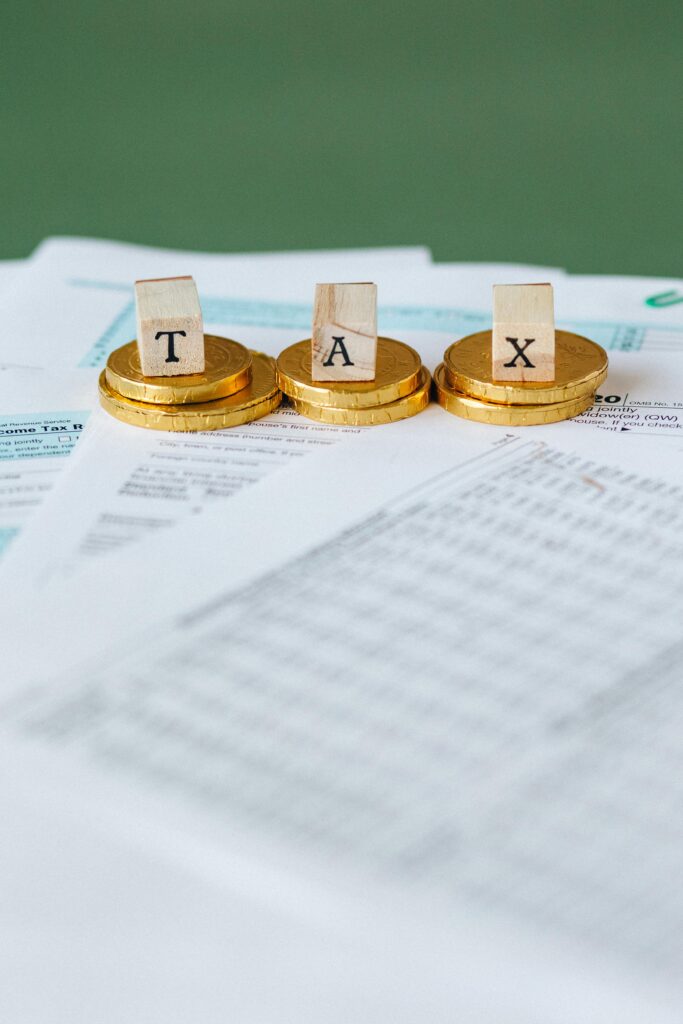🧾 Basics of Income Tax for Beginners – A Simple Guide
Do you get confused when people talk about income tax? You’re not alone.
If you’ve just started earning or are trying to understand taxes better, this post is for you.
Let’s break it all down—in plain English—so you can understand what income tax is, why it’s important, and how to deal with it smartly.
💡 What is Income Tax?
Income tax is a portion of your income that you pay to the government. This money is used by the government to build roads, hospitals, schools, run schemes, and pay salaries to public servants.
In India, income tax is collected by the Income Tax Department under the Income Tax Act, 1961.
🧮 Who Needs to Pay Income Tax?
If your income in a financial year (April to March) is above the basic exemption limit, you need to pay tax.
Here’s the basic exemption limit for FY 2024-25 (under the new tax regime):
| Age Group | Annual Income Exemption |
|---|---|
| Below 60 years | ₹3,00,000 |
| Senior Citizens (60–80) | ₹3,00,000 |
| Super Senior Citizens (80+) | ₹5,00,000 |
💡 Even if your income is below this limit, it’s a good idea to file your ITR. It helps with loans, visas, and keeps you compliant.
📊 Understanding Tax Slabs
In India, we follow a slab system, which means:
- The more you earn, the higher your tax rate.
- You don’t pay a flat percentage on your total income.
Example (Under New Regime):
| Income Range | Tax Rate |
|---|---|
| ₹0 – ₹3,00,000 | 0% |
| ₹3,00,001 – ₹6,00,000 | 5% |
| ₹6,00,001 – ₹9,00,000 | 10% |
| ₹9,00,001 – ₹12,00,000 | 15% |
| ₹12,00,001 – ₹15,00,000 | 20% |
| ₹15,00,001+ | 30% |
💰 What is Gross Income and Taxable Income?
Gross Income = Total income you earn from all sources (salary, freelancing, rent, etc.)
Taxable Income = Gross income – Deductions (like 80C, 80D, etc.)
🛡️ Common Deductions to Save Tax
You can reduce your taxable income legally using deductions:
- 80C – ₹1.5 lakh: For LIC, PF, ELSS, PPF, home loan principal, etc.
- 80D – Health insurance premiums
- 80E – Education loan interest
- HRA – House rent allowance (if you live in a rented house)
- Standard Deduction – ₹50,000 for salaried and pensioners
🧾 How to File Your Income Tax Return (ITR)?
Filing ITR is now easy and online. Here’s a simple process:
- Collect documents – Form 16, bank statements, rent receipts, investments, etc.
- Log in to https://www.incometax.gov.in/iec/foportal/c/foportal/
- Choose your applicable ITR Form (usually ITR-1 for salaried).
- Fill details, claim deductions.
- Submit and e-verify with Aadhaar, OTP, or net banking.https://www.incometax.gov.in/iec/foportal/
🛑 Deadline: 31st July every year (unless extended).
📘 Key Terms You Should Know
- AY vs FY – AY is Assessment Year (when you file); FY is Financial Year (when you earn).
- PAN – Permanent Account Number (your tax identity).
- TDS – Tax Deducted at Source (already deducted from salary/income).
- Form 16 – Given by your employer. Shows how much tax they deducted.
🔚 Final Thoughts
Paying taxes may seem confusing, but with a little understanding, you’ll feel more confident. Learn the basics, keep your documents organized, and file your return on time.
You’re not expected to become a tax expert overnight—but the more aware you are, the more money you can save legally.
✅ Ready to Learn More?
Subscribe to AccoTribe.com for more beginner-friendly finance and tax tips.
📥 Join our WhatsApp & Youtube channels for daily insights.
